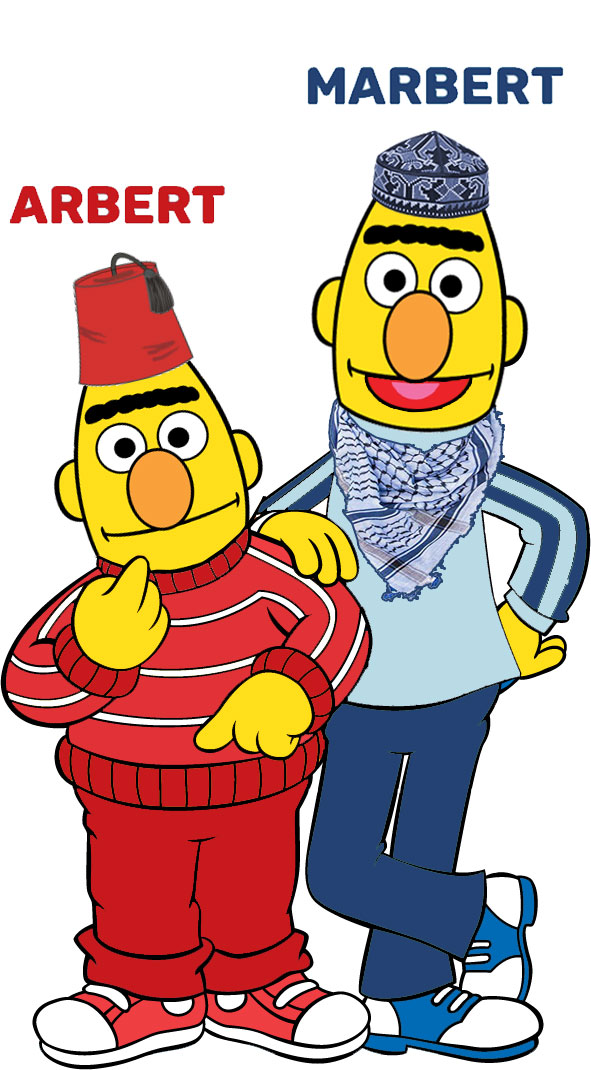
MARBERTv2 is one of three models described in our ACL 2021 paper "ARBERT & MARBERT: Deep Bidirectional Transformers for Arabic".
We find that results with ARBERT and MARBERT on QA are not competitive, a clear discrepancy from what we have observed thus far on other tasksWe hypothesize this is because the two models are pre-trained with a sequence length of only 128, which does not allow them to sufficiently capture both a question and its likely answer within the same sequence window during the pre-training.
To rectify this, we further pre-train the stronger model, MARBERT, on the same MSA data as ARBERT in addition to AraNews dataset but with a bigger sequence length of 512 tokens for 40 epochs. We call this further pre-trained model MARBERTv2, noting it has 29B tokens. MARBERTv2 acquires best performance on all but one test set, where XLM-RLarge marginally outperforms us (only in F1).
For more information, please visit our own GitHub repo.
BibTex
If you use our models (ARBERT, MARBERT, or MARBERTv2) for your scientific publication, or if you find the resources in this repository useful, please cite our paper as follows (to be updated):
@inproceedings{abdul-mageed-etal-2021-arbert,
title = "{ARBERT} {\&} {MARBERT}: Deep Bidirectional Transformers for {A}rabic",
author = "Abdul-Mageed, Muhammad and
Elmadany, AbdelRahim and
Nagoudi, El Moatez Billah",
booktitle = "Proceedings of the 59th Annual Meeting of the Association for Computational Linguistics and the 11th International Joint Conference on Natural Language Processing (Volume 1: Long Papers)",
month = aug,
year = "2021",
address = "Online",
publisher = "Association for Computational Linguistics",
url = "https://aclanthology.org/2021.acl-long.551",
doi = "10.18653/v1/2021.acl-long.551",
pages = "7088--7105",
abstract = "Pre-trained language models (LMs) are currently integral to many natural language processing systems. Although multilingual LMs were also introduced to serve many languages, these have limitations such as being costly at inference time and the size and diversity of non-English data involved in their pre-training. We remedy these issues for a collection of diverse Arabic varieties by introducing two powerful deep bidirectional transformer-based models, ARBERT and MARBERT. To evaluate our models, we also introduce ARLUE, a new benchmark for multi-dialectal Arabic language understanding evaluation. ARLUE is built using 42 datasets targeting six different task clusters, allowing us to offer a series of standardized experiments under rich conditions. When fine-tuned on ARLUE, our models collectively achieve new state-of-the-art results across the majority of tasks (37 out of 48 classification tasks, on the 42 datasets). Our best model acquires the highest ARLUE score (77.40) across all six task clusters, outperforming all other models including XLM-R Large ( 3.4x larger size). Our models are publicly available at https://github.com/UBC-NLP/marbert and ARLUE will be released through the same repository.",
}
Acknowledgments
We gratefully acknowledge support from the Natural Sciences and Engineering Research Council of Canada, the Social Sciences and Humanities Research Council of Canada, Canadian Foundation for Innovation, ComputeCanada and UBC ARC-Sockeye. We also thank the Google TensorFlow Research Cloud (TFRC) program for providing us with free TPU access.
- Downloads last month
- 7,057